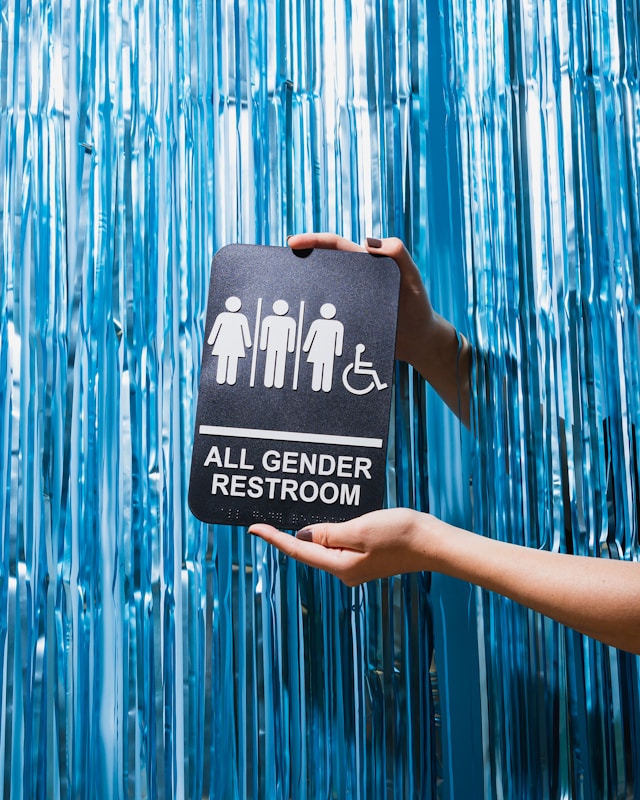Majority of Canadians reject ‘trans’ policies
TORONTO – “Discomfort”. This is the feeling felt by the majority of Canadians regarding transgender inclusion policies in sports, hormone treatments for youth and changes in student names and pronouns in schools. It emerges from a new survey by Nanos Research and CTV, conducted via telephone and web between February 28 and March 2 among a random sample of 1,071 Canadians aged 18 and over.
Pollsters asked respondents what their comfort level was with a variety of topics related to gender identity and inclusion. The findings reveal a snapshot of general public sentiment against policies that have become a rallying cry for the federal government led by Justin Trudeau. And, given the results, we perhaps understand even better the reasons why the Prime Minister and his party, the Liberals, are in free fall in the political polls which instead see the Conservatives in a clear advantage.
Well, about 57% of adults surveyed said they felt uncomfortable, or somewhat uncomfortable, with “a transgender person taking part in organized sports for people with their current gender identity” …and an additional 44% said the same when asked about “a transgender person using the bathroom or locker room for people with their current gender identity.”
In a press conference at the end of February, the conservative leader Pierre Poilievre had stated that “female spaces should be exclusively for women, not for biological males”: with hindsight, that is, in light of this survey, the declaration of Justin Trudeau’s main opponent must have been liked a lot by the majority of Canadians.
Respondents to the survey were also asked about gender identity policies affecting children. Sixty-two percent of respondents said they were somewhat uncomfortable or somewhat uncomfortable with allowing Canadians under the age of 18 to undergo hormone therapies, such as those to delay the effects of puberty, for the purpose of “changing the gender of a person”. Also on this topic, the Conservatives have already publicly assured that any future government of theirs will ban medicinal or surgical treatments of this kind for children.
Again with regards to children, 64% of those interviewed expressed at least some discomfort when faced with the scenario in which a student under 18 changes his name or pronouns at school without his parents’ knowledge.
As is known, the provincial government of Saskatchewan led by Premier Scott Moe recently introduced the Parents’ Bill of Rights, which requires parental consent for any changes to the names or pronouns of students under the age of 16 in schools. A similar initiative was also taken by the Premier of Alberta, Danielle Smith.
Shortly after its introduction, Saskatchewan’s “Charter” ended up at the center of a legal challenge from a Regina-based 2SLGBTQ+ group. “Legislation passed by the Government of Saskatchewan continues to cause irreparable harm to gender diverse youth,” claims the 2SLGBTQ+ movement. The same criticisms were leveled at the Alberta’s premier. But, according to the Nanos and CTV poll, the vast majority of Canadians appear to be on the side of the two provincial governments. Both conservatives.
Photo by No Revisions on Unsplash



